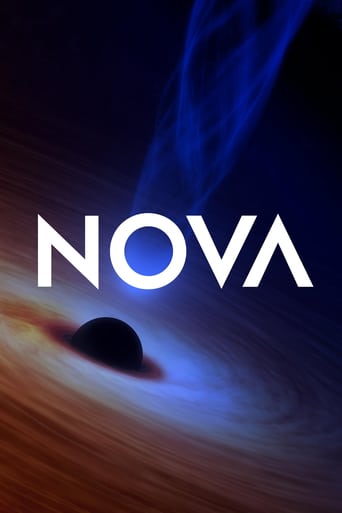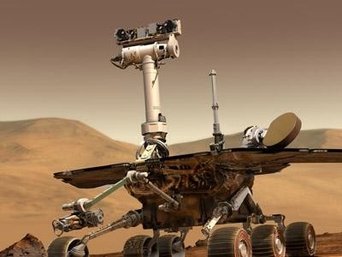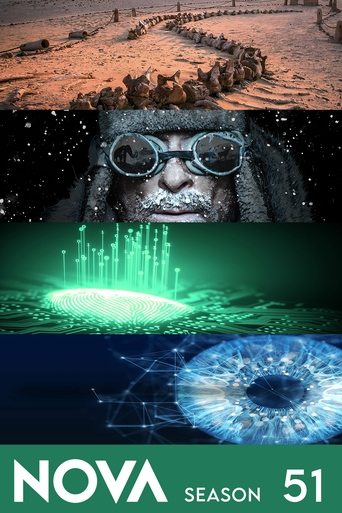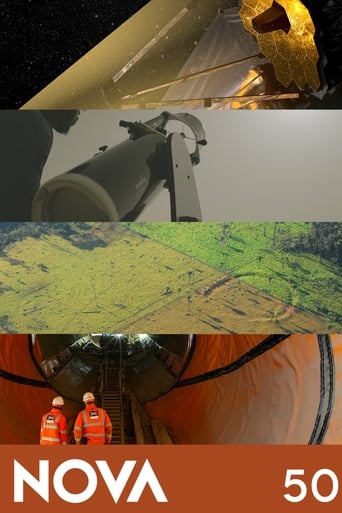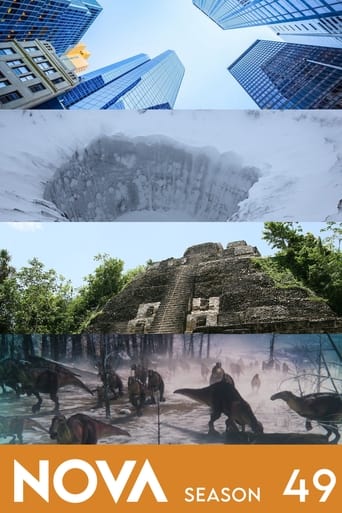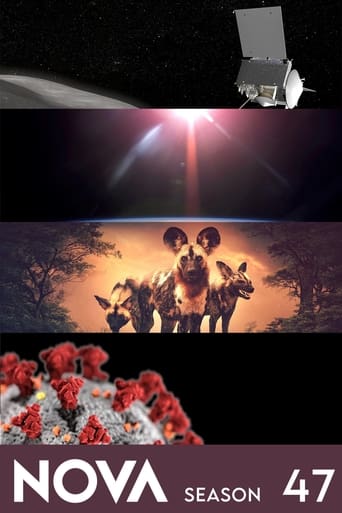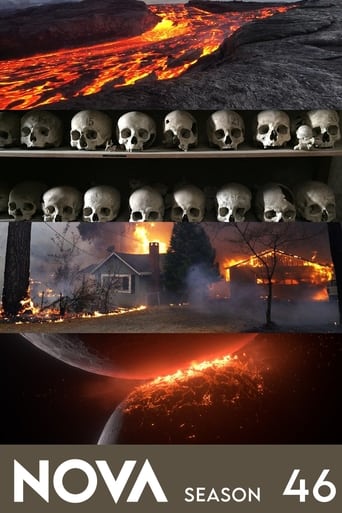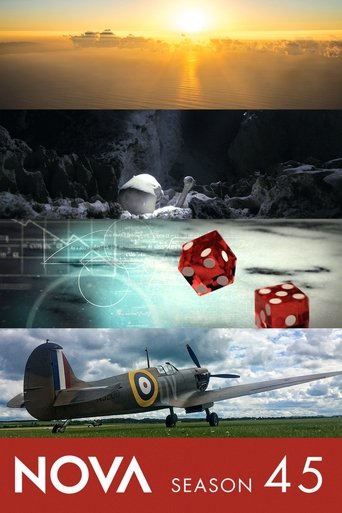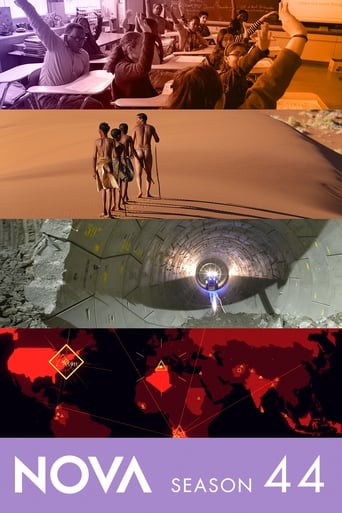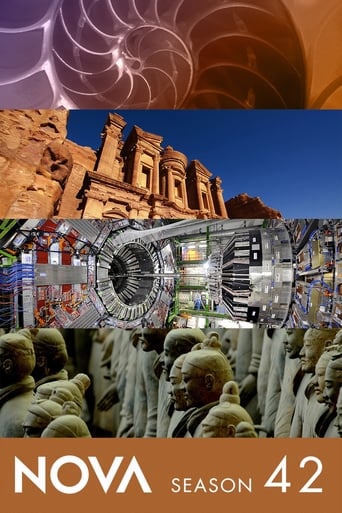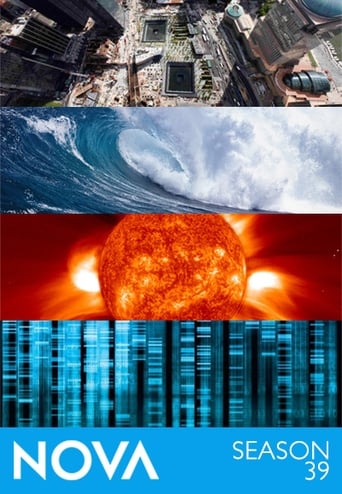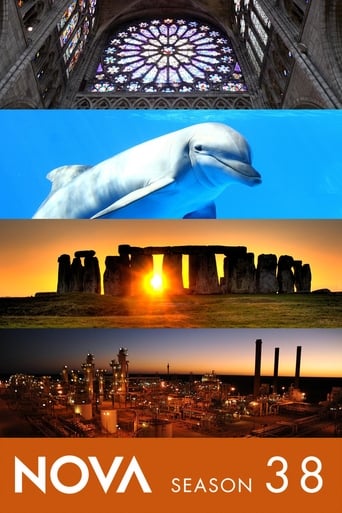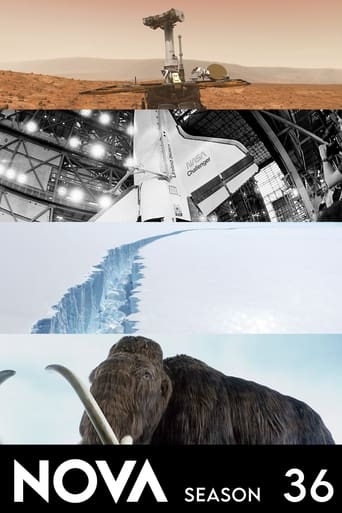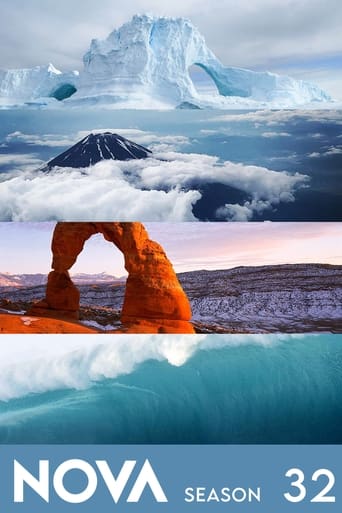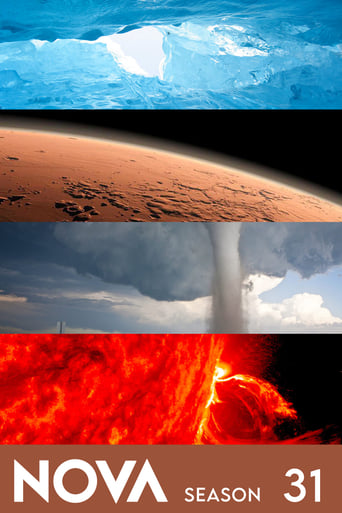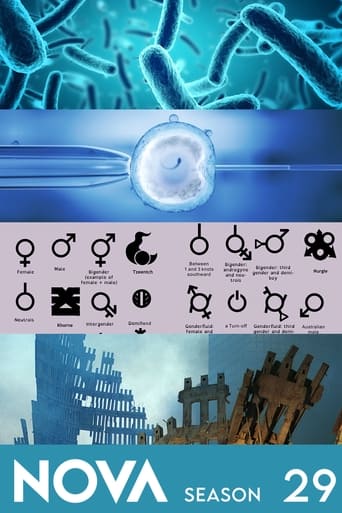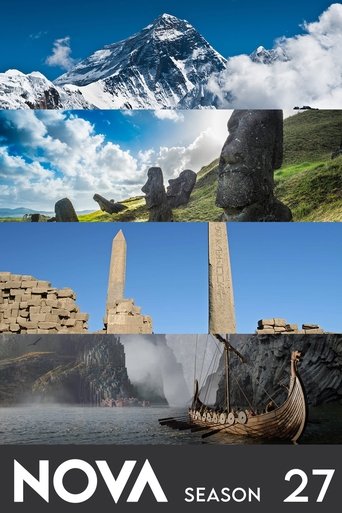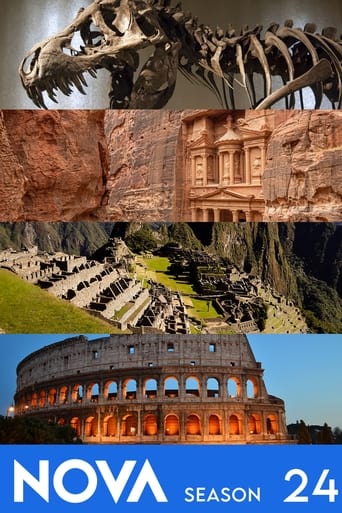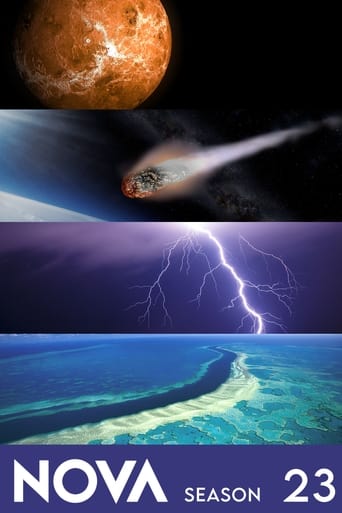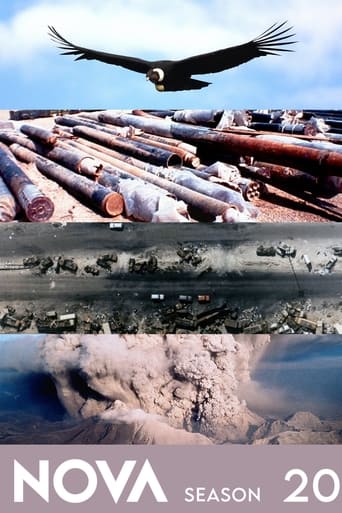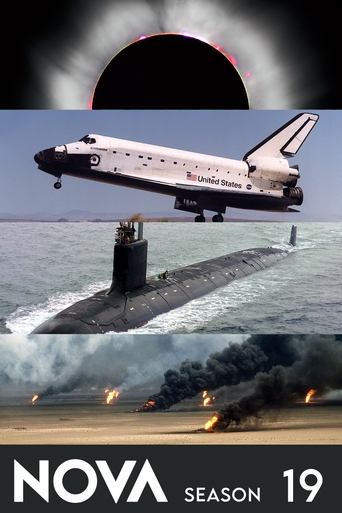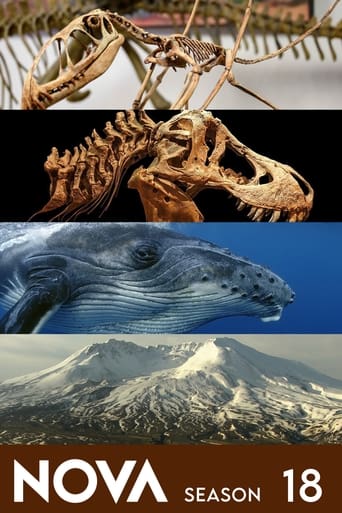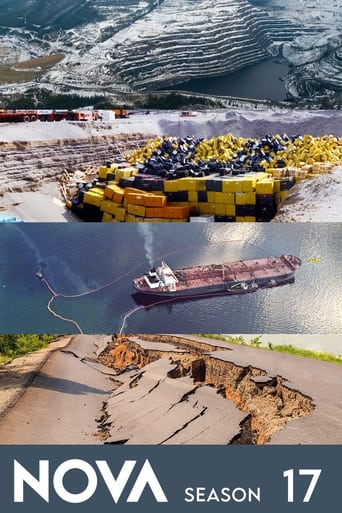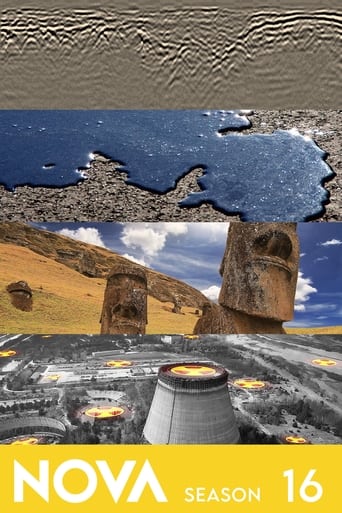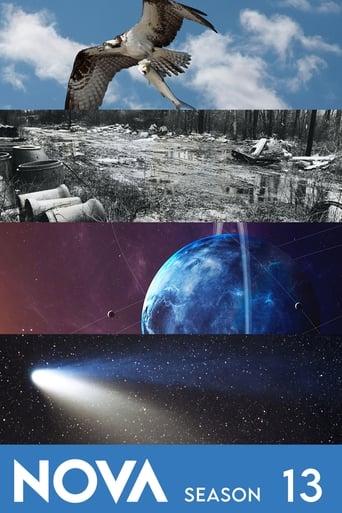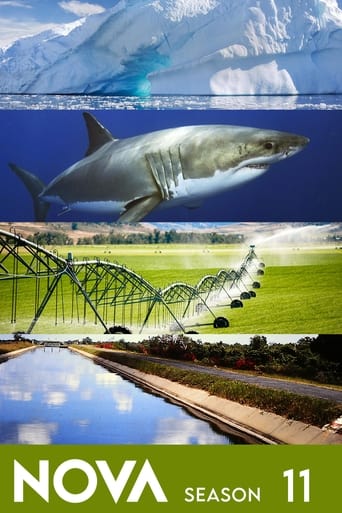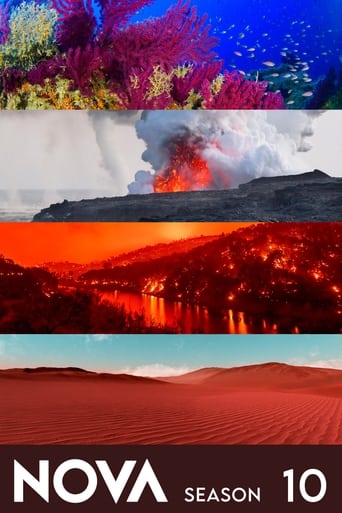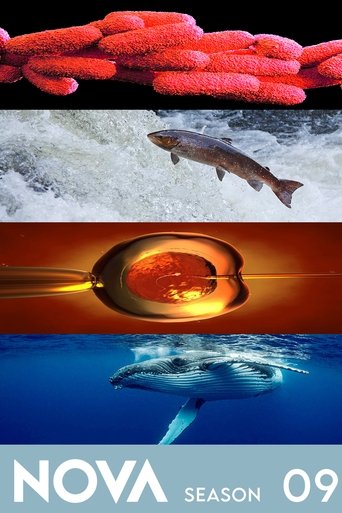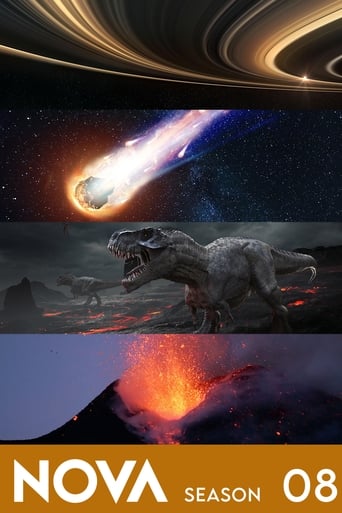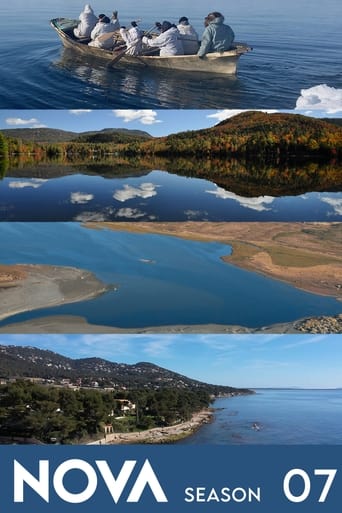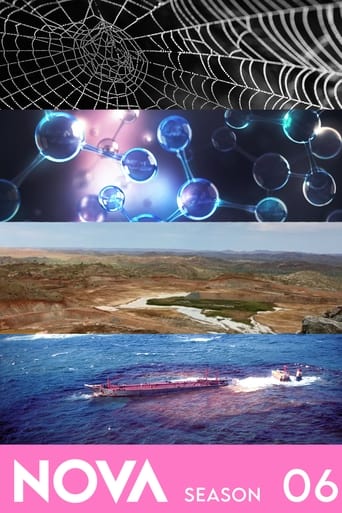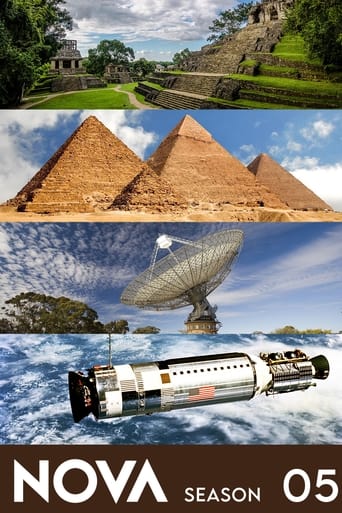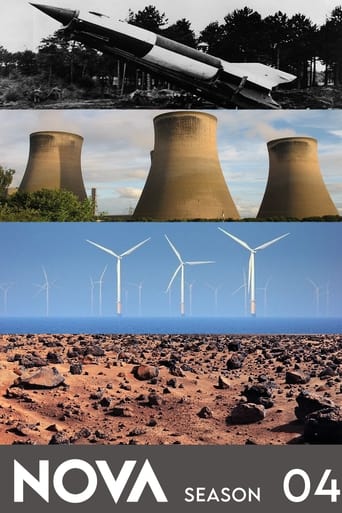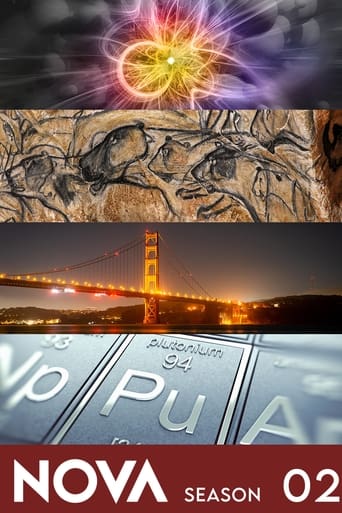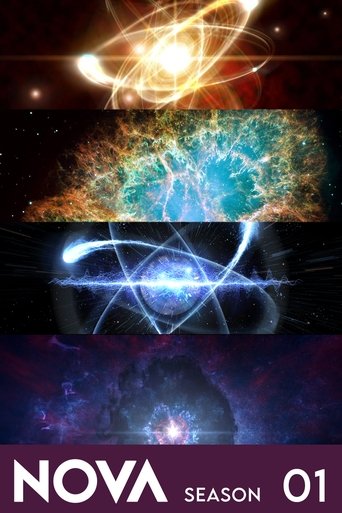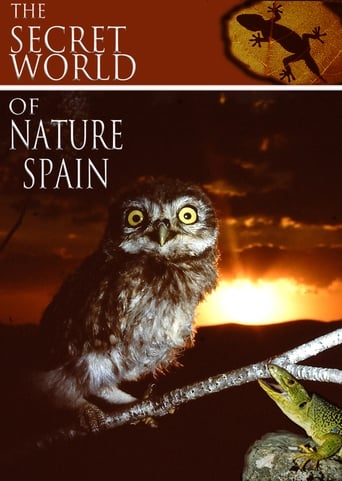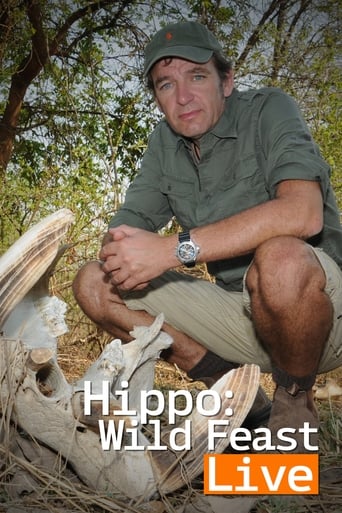NOVA Season 32
With 30 Day Free Trial!
NOVA
1974 / TV-PG
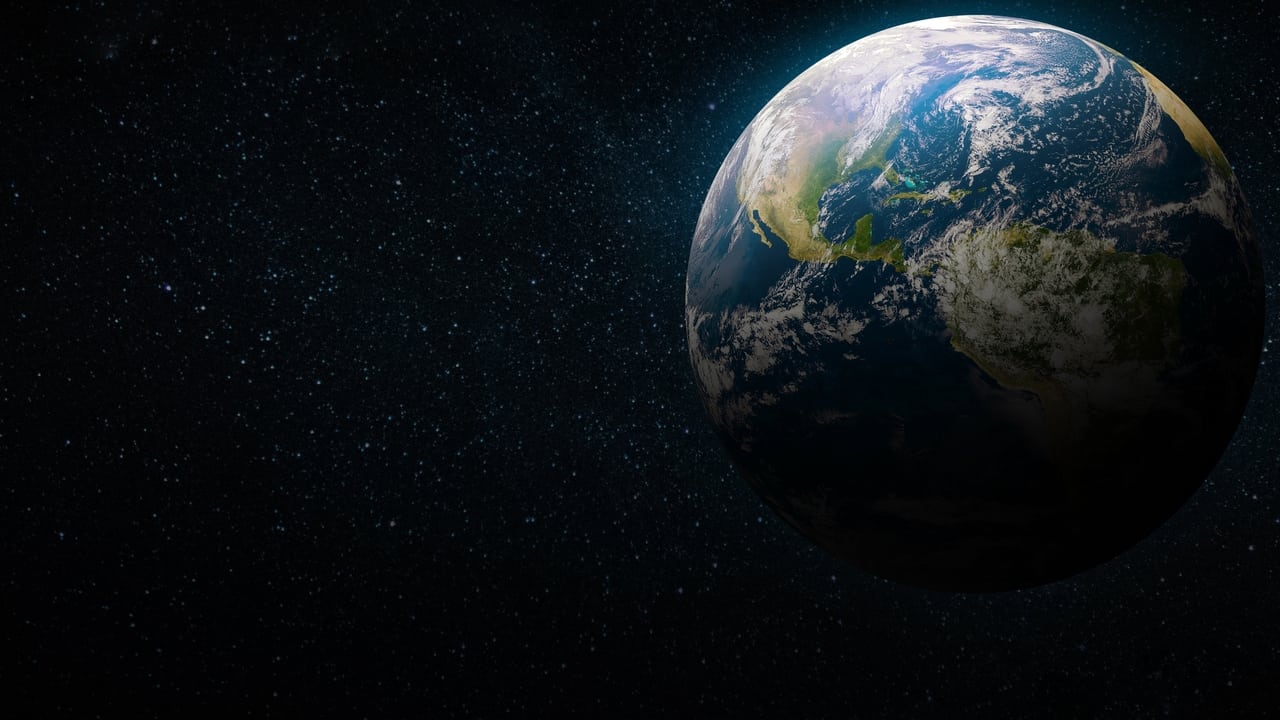
PBS' premier science series helps viewers of all ages explore the science behind the headlines. Along the way, NOVA demystifies science and technology, and highlights the people involved in scientific pursuits.
Watch Trailer
NOVA Season 32 Full Episode Guide
An exploration of the devastation wrought on New Orleans by Hurricane Katrina details failures of levees and disaster-relief planning; why the city was unprepared; and what made Katrina so powerful.
The auction of some of Newton's papers early in the 20th century uncovers the fact that he had a side other than the genius mathematician and visionary the world knew him as.
Explores the Nazi quest for atomic weapons as it follows a mission to recover barrels of heavy water bound for Berlin from a Norwegian hydroelectric plant.
On December 26, 2004 a devastating tsunami in the Indian Ocean kills more than 250,000 people. NOVA takes an in depth look at just what happened on that fateful day.
In 1909, Louis Bleriot undertakes a heroic first-ever flight over the English Channel.
A team of experts takes on the preservation of the origianl Constitution, Declaration of Indipendance and Bill of Rights.
Ever since its sensational unveiling by Yale University scholars in October 1965, the Vinland Map has been a lightning rod for passionate debate. Most reviews of the arguments, including NOVA's program, have focused on scientific tests designed to gauge the authenticity of the map's ink. The opinions of experts in cartography and historical manuscripts have commanded much less attention, yet from the outset scholars in these disciplines pointed out glaring anomalies in the case for the Vinland Map's authenticity.
A chronicle of the turbulent birth, life and death of the Concorde, the world's first and only supersonic airliner.
For decades, a fossil skull discovered in Piltdown, England, was hailed as the missing link between apes and humans. Entire careers were built on its authenticity. Then in 1953, the awful truth came out: "Piltdown Man" was a fake! But who done it? In "The Boldest Hoax," NOVA gets to the bottom of the greatest scientific hoodwinking of all time.
NOVA follows a team of scientists as the monitor the Martian rovers Spirit and Opportunity. Spirit runs into some problems, but Opportunity takes a photograph that may confirm the existence of water on Mars.
Follow an expedition to a remote cave in the Judean desert, first excavated by the famed Israeli archeologist Yigael Yadin in 1960-61. Yadin uncovered a cache of ancient documents, human skulls, and artifacts that shed light on a legendary revolt by Jews against the Roman Empire in the year 132. The uprising, led by Jewish patriot Shimon Bar-Kokhba, is said to have resulted in the Roman slaughter of 580,000 Jews. NOVA explores the last refuge of one group of Bar-Kokhba's followers with an historian whose bold theories have rocked the world of biblical archeology.
Archeologists excavate Stalag Luft 3, the site of the greatest WWII prisoner escape. Prisoners of the camp are also interviewed.
Who were the first Ameicans and where did they come from?
Examine the complex case of Typhoid Mary, a cook that was quaratined for life against her will in the early 1900s.
"Origins: Back to the Beginning" explores how the colossal, mind-boggling forces of the early universe made it possible for habitable worlds to emerge. The clues begin with a race among scientists to capture lingering echoes of the big bang's ferocious energy in a microwave "whisper" from deep space. The race pits underdog astronomer Tony Readhead and his improvised detector in the high Andes against NASA scientists and their state-of-the-art satellite probe. Host astrophysicist Neil deGrasse Tyson shares his excitement with viewers as computer animation of the big bang's echo emerges on the screen. It's as close as we can get to a "photograph" of the primordial universe. Here we glimpse the seeds from which all the galaxies, stars, and planets eventually grew.
In "Origins: Where are the Aliens?," host astrophysicist Neil deGrasse Tyson explores such provocative questions as: would "ETs" resemble us or the creatures of science fiction? Are there "aliens" already amongst us on Planet Earth—brainy creatures whose intelligence is very different from our own? And are planets on which life can flourish rare or common in our universe?
"Origins: How Life Began," zeroes in on the mystery of exactly how it happened. Join the hunt for hardy microbes that flourish in the most unlikely places: inside rocks in a mine shaft two miles down, inside a cave dripping with acid as strong as a car battery's, and in noxious gas bubbles erupting from the Pacific ocean floor. The survival of these tough microorganisms suggests they may be related to the planet's first primitive life forms. Host astrophysicist Neil deGrasse Tyson deepens the search by investigating tantalizing and controversial chemical "signatures" of life inside three-billion-year-old rocks and meteorites found around the world.
"Origins: Earth is Born" gives viewers a spectacular glimpse of the tumultuous first billion years of Planet Earth—a time of continuous catastrophe. Vivid animation lets viewers witness the traumatic birth of the moon from a titanic collision between Earth and an object believed to have been the size of Mars. Bombarded by meteors and comets, rocked by massive volcanic eruptions, and scoured by hot acid rain, the early Earth seems a highly improbable place for life to have taken root. Despite such violent beginnings, scientists have found new clues that life-giving water and oxygen appeared on our planet much earlier than previously thought.
Free Trial Channels
Seasons


